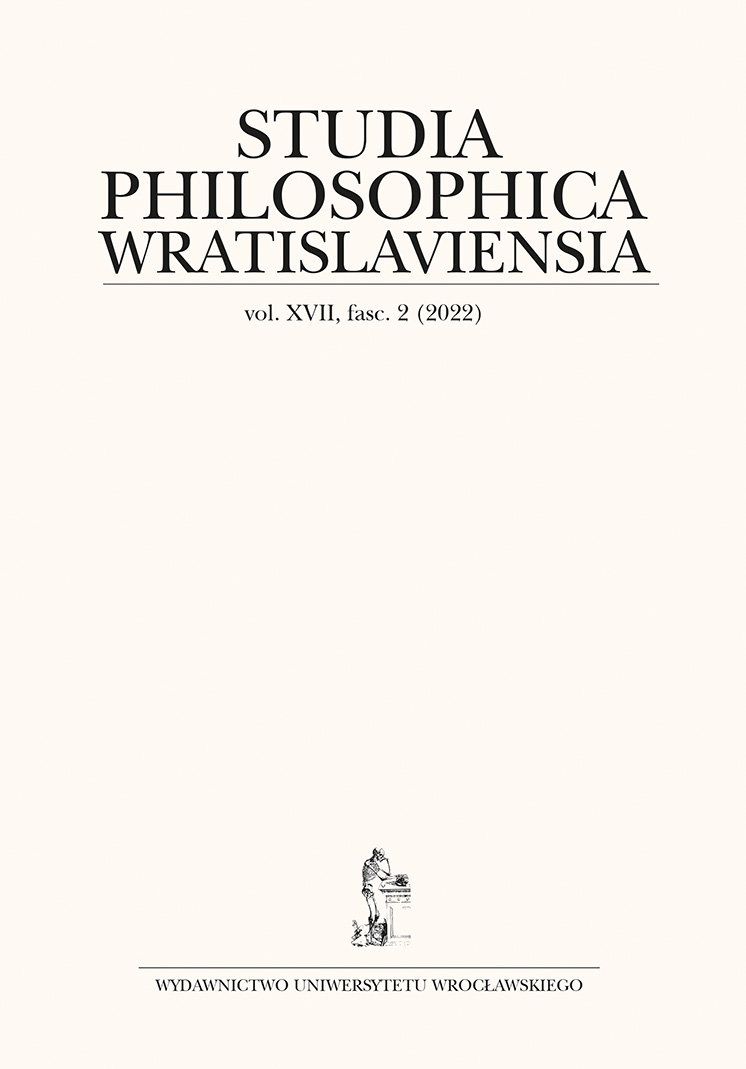

Artykuły

This text aims at a multi-dimensional reflection on Erich Fromm’s conception of the human being. Starting from Marxist-Freudian sources of the philosopher’s thought, the authors show the fundamental ideas underlying his version of psychoanalysis. Next, Fromm’s view of the human being as a social being is discussed, referring to the concepts of unproductive and productive orientations. Another important dimension of Fromm’s thought that is discussed is the reflection on the nature and functions of the symbolic language of the unconscious, which reveals to the human being both the best and the worst aspects of his or her personality. One of the most famous concepts of the American philosopher is also discussed — the distinction between the being mode and the having mode. The authors draw
attention to the value Fromm placed on a life oriented towards the being mode. Finally, they remind us, following Fromm, that a human being turns towards himself in his or her dreams, going beyond all the schemes and concepts that bind his mind when he or she is awake. The understanding of oneself that comes from a deep reflection on the content and character of a dream can awaken in a person the recognition of previously unknown dimensions of his or her mind; from now on, he is not merely someone immersed in the reality of everyday life. Crossing the horizon of oneiric imagination, he or she becomes free, in the dream, and she experiences the freedom of being on waking.